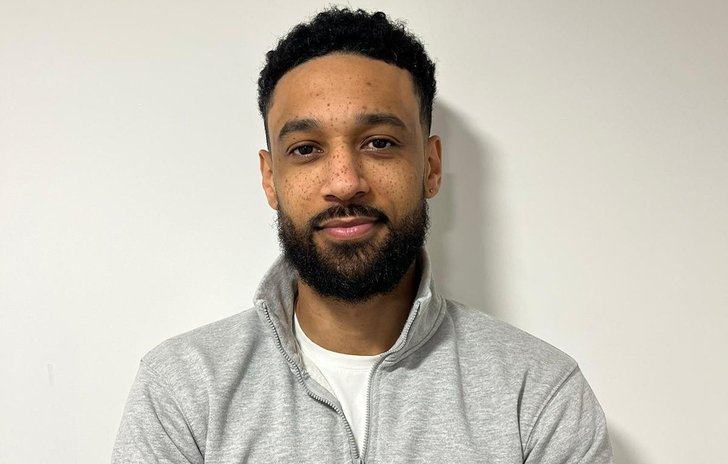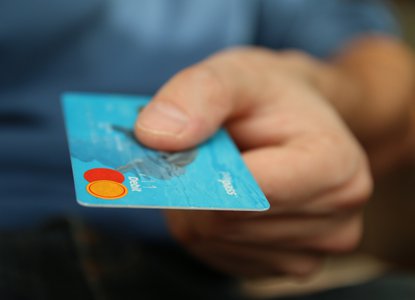Talking to teens about saving for the future
Kiefer Sharif: find me on TikTok @kiefersharif
As a parent, I want to make sure my daughter is prepared for whatever life throws her way. That's why we're starting to have conversations about saving for the future. It’s never too early to make a plan and get some perspective on managing money.
I realise that it’s often hard to know where to start with these topics around finances - unpicking financial terms can be daunting at any stage of life. That’s why we’ve partnered with the National Literacy Trust on their Words That Count campaign to help find the right words to support my teenager, Alyssia on her journey to saving and budgeting.
Why is it important to talk to your teenager about saving?
I was never taught how to save which led to me learning the hard way about the value of money, saving and planning ahead. I made some uninformed choices which meant that I ended up broke and dealing with lots of financial anxiety as a result. I don’t want my daughter Alyssia to fall into the same traps. There can be lots of temptations around spending big and even borrowing or splitting your payments that could cause a teenager to get into debt or financial difficult down the line. I think it’s important that Alyssia understands that saving for the future will help her have peace of mind, enjoy the money she has, plan for the bigger things she wants to buy and still have enough to cover the essentials of day-to-day life.
Prioritising your spending
I’ve found that asking Alyssia questions has been a great way to get her to think about what she understands, how she feels about money and has allowed her to prioritise her spending. I want to empower Alyssia to make wise choices, so simple questions like: Do you need to buy this now? Is it necessary, or do you just want to have it? helps her to not rush into anything.
Do you really want to buy that?
Alyssia came to me at 10-years-old desperate to buy the same toy phone that her friend had, claiming she really wanted this £70 toy. She had some money saved from her birthday but needed me to add the rest. I decided to use it as a teachable moment.
I encouraged her to pause, think twice and decide whether she really wanted to spend all her money on this toy. Thinking twice really helps! I didn’t want her to fall into the habit of buying on impulse and then facing weeks of financial anxiety afterwards, and perhaps for something that wasn’t going to be that important to her.
Buying something feels sweeter when you’ve worked hard for it!
Another lesson I taught Alyssa is never buy something unless you can afford it three times over. I challenged her to earn £140 by doing odd jobs, and she did it! It’s helpful to save up for something in order to allow teenagers to build anticipation, learn patience, and understand the value of money.
A good idea could be to look at ways your child can earn pocket money and then help them work out a percentage of this income to spend and a percentage to save.
Be your own best friend and think ahead
I like to tell Alyssa that you can be your own best friend by saving for your future and for a rainy day. Because what happens if life goes wrong? You want to make sure you have a financial safety net for yourself. It’s worth encouraging your teenager to think about what’s around the corner. Saving has a purpose both for buying the fun things and for protecting against unexpected costs.
Make it achievable with targets, tools and tracking
It’s so important to talk to your teens about savings. Teaching them a saving model when they’re young will equip them with important tools for when they enter the real world. By setting a realistic target for how much they would like to save, your teen is more likely to stick to a plan and feel a sense of achievement when they reach it.
For more information
If you need more information on chatting about finances with your teen or around money management, take a look at The Mix to find money management support tailored for people under 25.
It can be easier to keep a track of your savings digitally – find some helpful apps and tools here.




